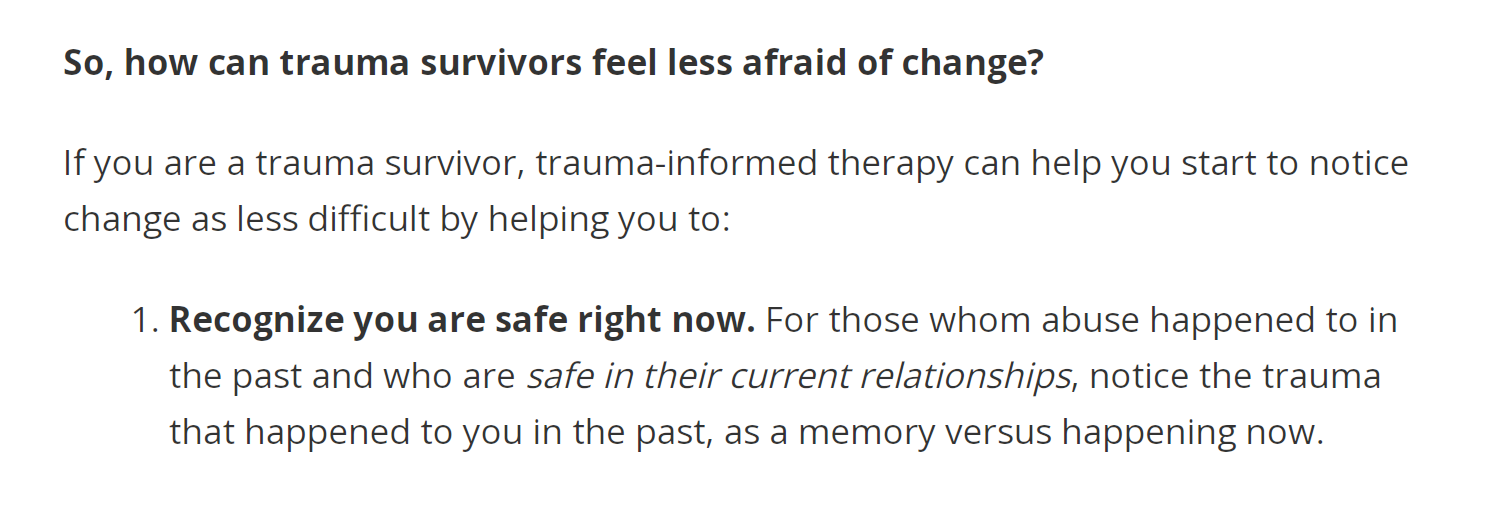...
This article brought to you by the Peer Voices Network. Find us on YouTube at...
https://www.youtube.com/@peervoicesnetwork
Please consider donating to support this work. I am disabled, financially struggling, and am forced by existing social structures into producing content like this for free. I hope those with means and privilege will eventually shift priorities toward increased support for lived experience content generation and expertise sharing. Donations are never required and always appreciated. Donate Link: https://ko-fi.com/socialrealitylab
I am also available for consultation work, curriculum development, trainings, etc.. I enjoy partnering with organizations on development of more accurate understandings of social reality.
I can be reached by email at taylor.geomatics@gmail.com
...
Saw this infographic on trauma recovery social media and have some thoughts.
Here's my concern. I worry that what's not being discussed in the graphic is who or what is at fault for the feelings being describe here. If a person "has difficulty saying no" or "is anxious about self advocacy" is that more about...
A) A personal character and skills flaw
B) A social environment where being assertive isn't respected and is met with getting ignored, hostility, and violence
I've seen situations and both ends of that pendulum between A and B and a whole spectrum in-between. I've seen people in safe spaces with what we might call "unnecessary" fear. I've also seen people in current and real at-risk situations.
And here's the problem - so much of modern mental health talk almost never talks about that latter situation. For example, look at this entry from a recent article about trauma recovery...



No comments:
Post a Comment